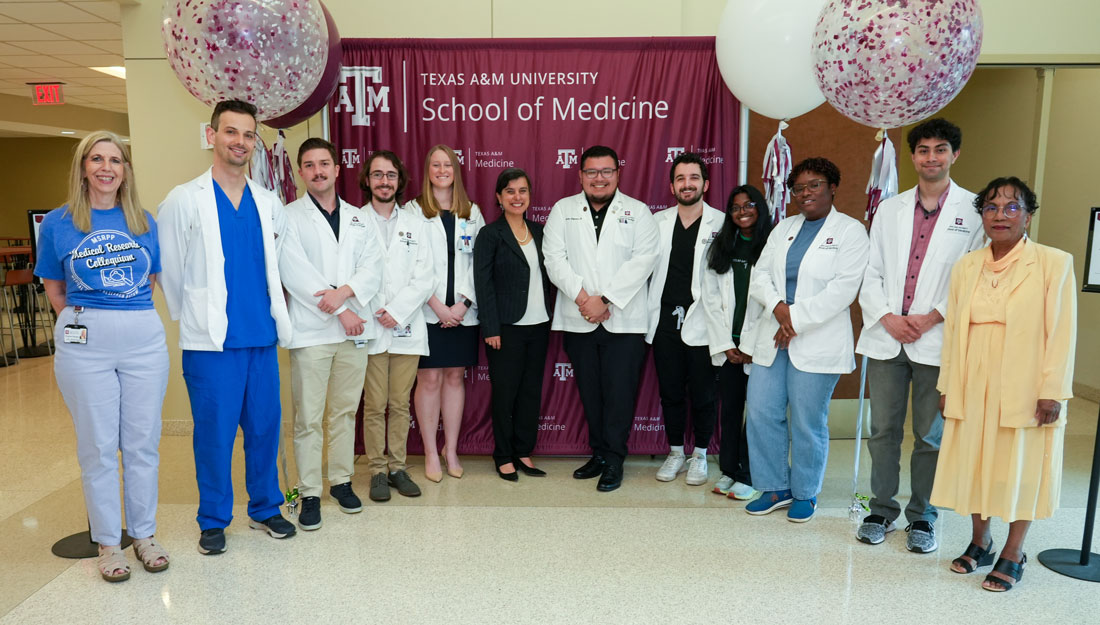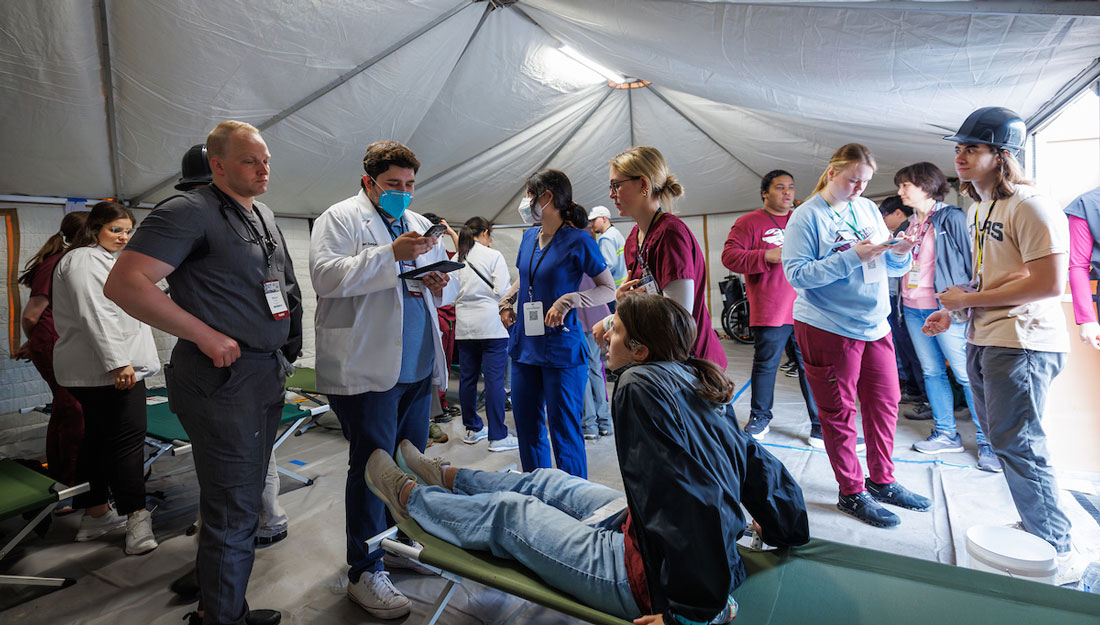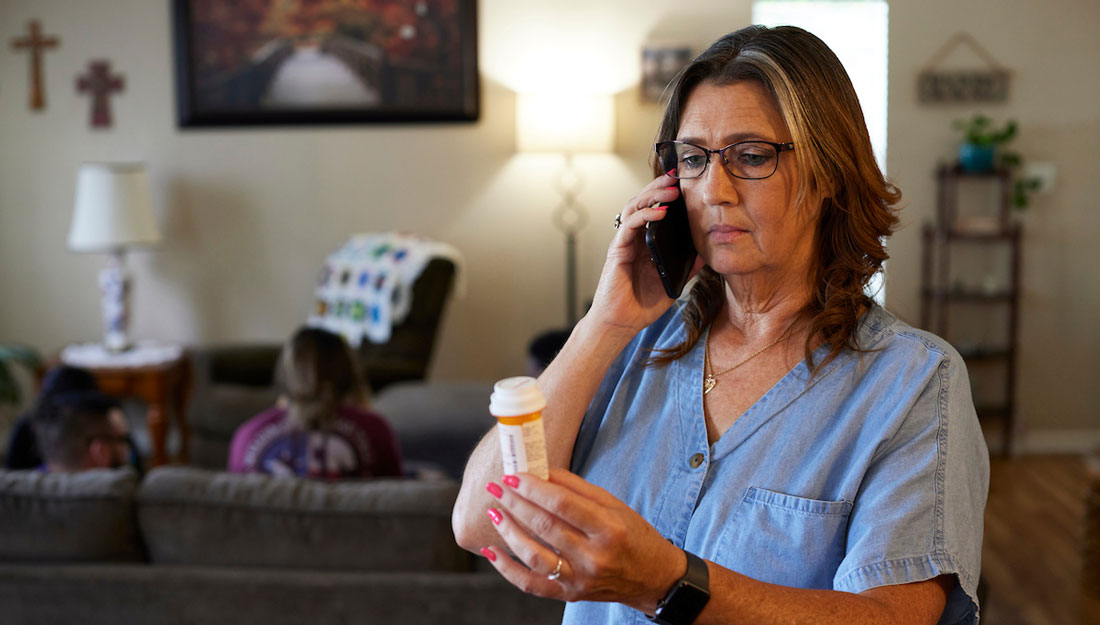Medical Research Colloquium spotlights importance of collaborative medicine

The Texas A&M University School of Medicine’s Office of Medical Student Research Education celebrated medical student research at the 4th Annual Medical Research Colloquium (MRC). This conference is part of the Medical Scholar Research Program Pathway (MSRPP), which offers students the opportunity to take their education beyond the confines of the classroom and encourages them to hone their analytical critical thinking skills that will translate findings to clinical practice.
The MRC was held May 4-5, 2023, as an internal research conference between the school’s various campuses. Gloria M. Conover, PhD, Office of Medical Student Research Education program director and instructional assistant professor in the Department of Medical Education at Texas A&M, said an important component to this research day was the keynote talk given by former student and current senior investigator, Clint Allen, MD, who currently serves as a senior investigator in the Surgical Oncology Program at the National Institutes of Health (NIH) Center for Cancer Research.
“It is critical to expose medical students early to the huge impact medical research has on human health. Dr. Allen gave our trainees tangible examples from his ENT practice of how this can be accomplished through collaborative partnerships amongst clinicians and scientists,” said Conover, who noted she had previously met Allen while showcasing Texas A&M medical student research to the program director of the NIH Medical Research Scholars Program.
Allen spoke on the relevance and impact of the efforts clinician-scientists make to promote a research- and evidence-based practice of medicine. The address, attended by staff, students and faculty, was followed on the next day of the conference by another session Allen held where medical students were invited to ask questions on navigating the path from medical school student to practicing physician-scientist.
Participating students gave positive reviews at the conclusion of the colloquium.
“I was really inspired to pursue the research I will both enjoy and that will improve lives. I realized I don’t have to choose one or the other,” a MSRPP student wrote on an anonymous post-event survey. Another said after listening to Allen’s talk, “I very much look forward to incorporating research into my career,” while others agreed that they felt the Medical Research Colloquium helped them spark their interest in clinical research and felt very motivated to pursue research in the future.
As students at the Medical Research Colloquium were participating in presenting their research posters, faculty judges observed original research and case reports and awarded three prizes in each category. Event hosts took time on the opening evening of the conference to honor the inaugural MSRPP faculty, Sanjukta Chakraborty, Jiang Chang, Arpitha Chiruvolu, Batool Kirmani, Michelle Hook and Ashok Shetty, for their outstanding mentorship of medical student research. Mentored students gave testimonials that attested to the incredible impact that their faculty had had on their growth as researchers.
An MSRPP faculty member attending the colloquium said, “Dr. Allen gave a terrific talk. He gave examples of a disease and the team that is required to assemble it to deliver a new treatment option for patients. It was encouraging to hear the appreciation of the students that went into selecting the mentor award recipients.”
Through this conference, the Office of Medical Student Research Education highlighted the importance of collaborative research in translational medicine.
Media contact: media@tamu.edu


